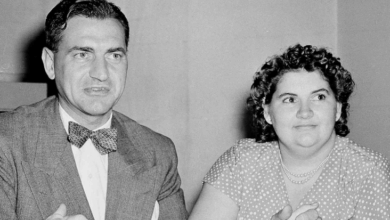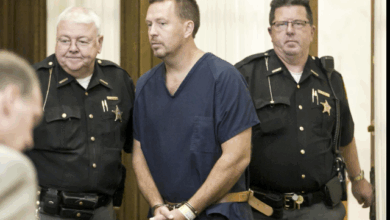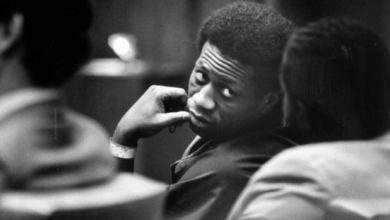Michael League and a Father’s Worst Sin
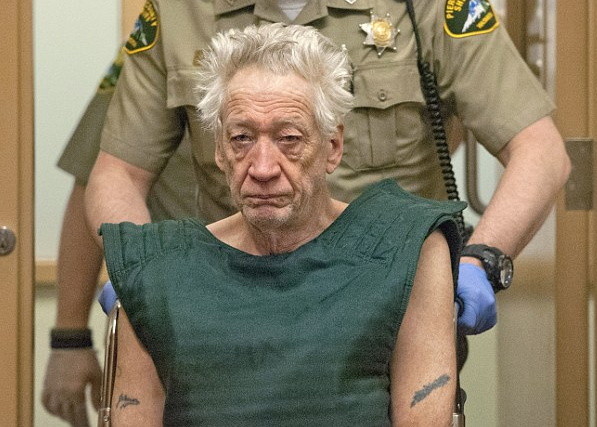
Michael League and a Father’s Worst Sin
The story of Michael League is a powerful and poignant narrative about the complexities of family, the burden of parental expectations, and the haunting shadows of past mistakes. At its core, it explores the idea of a father’s worst sin — a concept that transcends the literal definition of wrongdoing and instead delves into emotional damage, broken trust, and the scars left on children by their parents’ actions. This essay will explore Michael League’s story, examining how his journey reflects the universal struggle to reconcile with a flawed parent and the hope for healing despite deep wounds.

Background: Who is Michael League?
Michael League is a man caught in the turbulent web of familial conflict and reconciliation. While many might recognize the name Michael League from his career in music as the bandleader of the jazz-fusion group Snarky Puppy, this narrative focuses on a different aspect of his life — his experience with his father and the emotional battles that shaped him.
Michael’s father, like many others, was far from perfect. The sins committed were not necessarily criminal or blatantly evil; rather, they were sins of neglect, of emotional absence, and of the failure to provide the nurturing environment a child needs. These are the kinds of sins that often go unnoticed or unspoken because they are less visible but no less damaging.
The Father’s Worst Sin: Emotional Neglect and Absence
In many stories about family trauma, the worst sins a father can commit involve abandonment, abuse, or betrayal. In Michael’s case, the greatest sin was emotional neglect — the failure to be present, to listen, and to love unconditionally. This kind of neglect is insidious because it slowly erodes a child’s sense of self-worth and security. Unlike physical wounds, emotional wounds are invisible but remain deep and enduring.
Michael’s father was distant, preoccupied with his own struggles and demons, which created a chasm between them. This distance left Michael feeling isolated, unvalued, and desperate for connection. The absence of a nurturing father figure created a void that influenced Michael’s self-image and his relationships later in life.
This emotional neglect was a silent sin, one that haunted Michael quietly but relentlessly. It is a reminder that sometimes the most harmful things parents do are not actions taken but those that are withheld — love, attention, support.
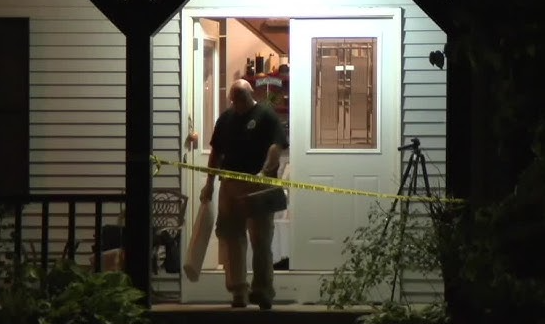
The Burden of Expectations
Another dimension of a father’s worst sin is the burden of unrealistic expectations. Michael’s father, despite his emotional distance, placed heavy demands on him. These demands were often contradictory — a call for achievement coupled with little emotional support or understanding.
For Michael, this meant growing up under pressure to succeed, to be perfect, to live up to a standard he wasn’t sure was his own. The weight of these expectations compounded the damage caused by neglect. Instead of feeling safe and accepted, Michael felt scrutinized and judged.
This pattern is tragically common in many families, where parents’ unresolved fears and insecurities manifest as impossible demands on their children. The result is a cycle of anxiety and self-doubt that can take years to overcome.
Michael’s Journey Toward Understanding and Forgiveness
Despite the pain inflicted by his father’s absence and expectations, Michael’s story is not one of bitterness or revenge. Instead, it is a testament to the power of understanding and forgiveness. Through reflection and personal growth, Michael began to see his father not as a villain but as a flawed human being shaped by his own history and limitations.
This shift in perspective was crucial for Michael’s healing. He realized that holding onto resentment only prolonged his suffering. Forgiveness, while difficult, allowed him to reclaim his own sense of peace and identity. It did not mean excusing his father’s failures but rather accepting them and moving forward.
Michael’s path highlights an important truth: forgiveness is as much for the one who forgives as it is for the one forgiven. It frees the heart from the chains of anger and opens the door to reconciliation, whether that reconciliation is with the parent or simply with one’s own past.
The Impact on Michael’s Life and Work
Michael League’s experiences with his father inevitably influenced his life and creative work. As a musician and leader of Snarky Puppy, Michael channels emotion and storytelling through his art. The pain, hope, and complexity of his family story resonate in his music, creating a depth that touches listeners worldwide.
Moreover, Michael’s story offers hope to others struggling with similar family dynamics. It shows that even the worst sins, the deepest wounds, can be confronted and healed. By sharing his story, Michael gives voice to those who feel unseen and unheard, encouraging a path toward empathy and understanding.
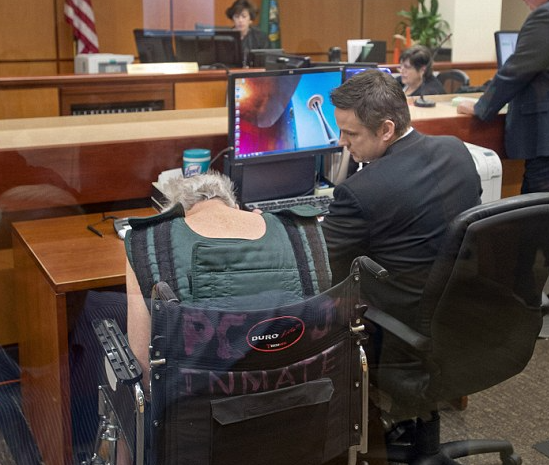
Broader Reflections: The Universal Nature of a Father’s Worst Sin
While Michael League’s story is unique, the themes it raises are universal. Many people wrestle with the pain caused by parental neglect, unmet expectations, and emotional distance. These are among the most common yet least talked-about wounds in human relationships.
The “worst sin” of a father is not always a dramatic act but often the quieter sins of omission — failing to be present, failing to love openly, failing to acknowledge a child’s worth. These sins create lasting scars that shape a child’s emotional landscape well into adulthood.
Yet, Michael’s story reminds us that there is hope for healing. Awareness, communication, and forgiveness are key steps toward breaking the cycle. Parents and children alike can learn to recognize these silent sins and work to prevent them from repeating in future generations.
Conclusion
Michael League’s experience with his father’s worst sin — emotional neglect and the burden of unrealistic expectations — offers a powerful lens to understand family dynamics and the deep impact of parental failure. His journey from pain to understanding and forgiveness demonstrates the resilience of the human spirit and the possibility of healing.
While a father’s worst sin can leave deep wounds, it does not have to define a child’s life. Through empathy, reflection, and grace, individuals like Michael show us that it is possible to reclaim one’s narrative, find peace, and create a legacy of love rather than pain.



